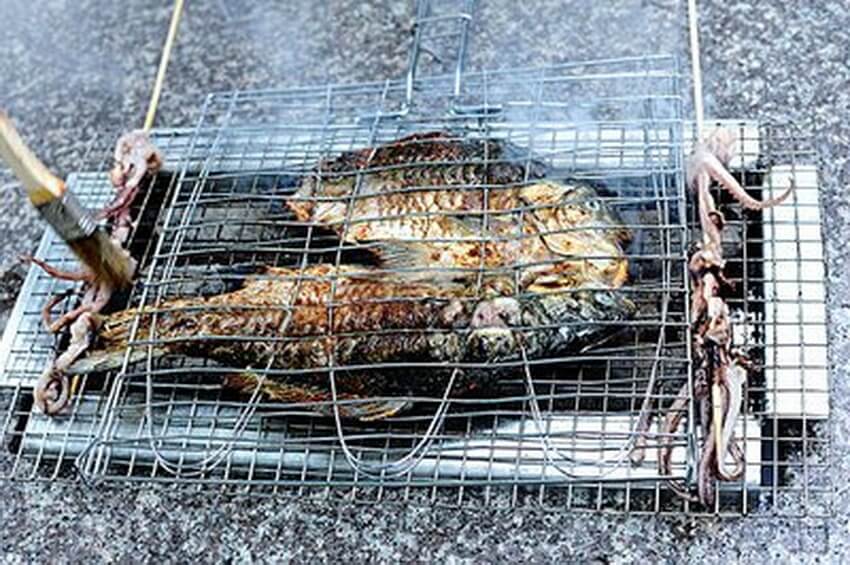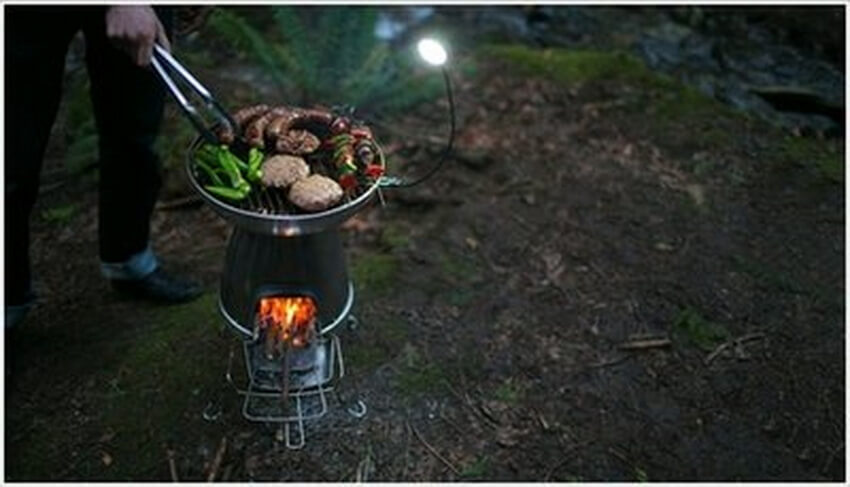![]() Windy.
Windy.
 WeChat
WeChat
 WhatsApp
WhatsApp
Click:524 seen
There is no total ban on barbecue, but there are many countries that have bans on certain areas, certain periods of time, or certain types of barbecue. Here are some
examples:
Italy: Many cities in Italy have bans on barbecues. Bologna, for example, bans barbecuing in areas with high levels of fine particulate matter; In Rome barbecues are banned
all year round in areas without chimneys and during the summer when fire regulations are in force. A ban on barbecues has also been imposed in Milan, where fines can be
as high as 500 euros in some cases.
China: Beijing has previously restricted outdoor barbecues in response to air pollution and other problems, banning them without a license. Violators face fines and the
possibility of having their cooking utensils confiscated.
Sweden: Fire bans are issued when dry weather increases the risk of grass fires. The use of solid combustible fuels for fires or barbecues outside of forests and other outdoor
areas, your own garden or designated barbecue areas under standard fire bans; The strict fire ban also prohibits barbecuing at designated barbecue sites outside the
construction zone; When there is a total fire ban, no fires are allowed in the garden or anywhere else, and gas grills are generally prohibited, only electric grills are allowed.
Canada: Parks Canada issues fire bans in some areas due to drought and other weather conditions. Banff National Park, for example, has banned all fire activities, including
wood, charcoal, or briquettes, in all front and rear campgrounds due to drought. The city of Vancouver has also banned barbecues and smoking on all beaches.

What is the purpose of the barbecue ban?
The barbecue ban is mainly designed for the following purposes:
1. Improve Air Quality: Traditional barbecue, especially open-air barbecue, in the process of grilling, charcoal, coal and other insufficient combustion, will release a large
number of particulate matter, soot and harmful gases, such as PM2.5, PM10, sulfur dioxide, nitrogen oxides and polycyclic aromatic hydrocarbons. These pollutants will
reduce the visibility of the air, aggravate the haze weather, and cause damage to the human respiratory system and cardiovascular system. Bans can reduce such sources of
pollution and improve air quality.
2. Reduce The Risk Of Fire: in dry climate conditions, in the field or in some specific areas, the open fire or unextinguished charcoal fire used for barbecue is easy to ignite
flammable materials such as trees and grass around it, and then cause forest fires or grassland fires. In places such as Australia and California, due to the dry climate,
outdoor barbecues are strictly restricted to reduce the probability of fires.
3. Maintain Environmental Hygiene: Barbecue business places or around the activity area, often produce a lot of garbage, such as bamboo skewers, wrapping paper, food
residue, etc., if not cleaned up in time, not only affect the beauty, but also may breed bacteria, mosquitoes, spread diseases. Moreover, the oil produced by the barbecue will
also pollute the ground, which will bring great difficulties to the cleaning work.
4. Protect Public Health: Some open-air barbecue food production process lacks effective supervision, the source of food materials is unknown, the baking conditions are
simple, and it is easy to be contaminated by dust and bacteria, and there are food safety risks. In addition, the smoke produced by barbecue contains carcinogens such as
benzopyrene, which not only endangers the health of barbecue practitioners, but also has potential threats to surrounding residents.
5. Reduce Noise Pollution: Barbecue stalls are usually open until late at night, the noise of diners and the solicitation of operators will interfere with the normal rest and life of
surrounding residents, causing neighborhood conflicts, and the development of a ban can solve such problems to a certain extent.

